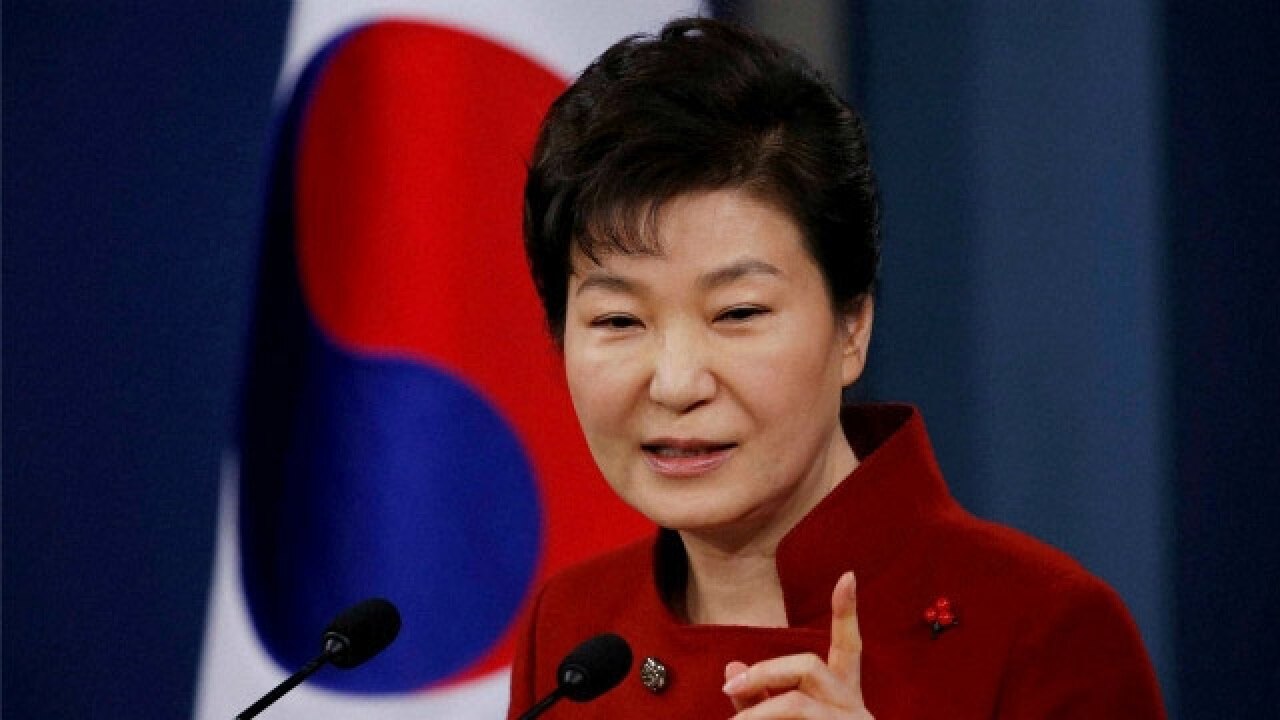
This would never have happened in India where yogis, sadhus, sadhvis and munis flourish in politics and use their political proximity to even build business empires. These ‘higher beings’ are perceived to be above politics, institutions and even the laws of the land. This facet of Indian politics has been visible even at the highest level since the time Gulzarilal Nanda broke through Indira Gandhi’s rationalism — after Jawaharlal Nehru suffered a stroke. So much so that years later, her yoga guru Dhirendra Brahmachari was a sought-after celebrity among the rich, famous and powerful in politics and business.
Unfortunately for South Korea’s President Park Geun-hye, what would have meant good fortune in India, brought her only misfortune and loss of office. More than half of South Koreans are said to be religious. That did not stop millions from seeking her ouster and impeachment for letting a dubious fortune teller interfere in the affairs of state. The upheaval unseated the President, split the ruling party and placed Park in the dock for an unprecedented trial after parliament voted to impeach her. President Park had made possible South Korea’s promise to host the American missile system, Terminal High Altitude Area Defence (THAAD). Despite the importance of the US-Korea military alliance and Washington’s interest in keeping her in office, protests provoked by the actions of Park’s spiritual adviser forced her out of office. Technically, Park, whose presidential powers were suspended after the impeachment vote, is being tried for corruption. A nine-member constitutional court began hearings last week to decide on the validity of the corruption charges. She herself has declined to appear in court.
The term ‘corruption charges’ sounds so commonplace and banal that it conceals the bizarre way in which the President was ‘guided’ by her Rasputin-like adviser, Choi Soon-sil, to arm-twist large companies into ‘donating’ over $70 million to the ‘charity’ foundations of the latter. Choi, 60, daughter of the founder of an unknown sect called ‘Church of Eternal Life’, wields enormous influence over Park. She operated as an extra-constitutional authority from the president’s mansion and is accused of manipulating the president for personal financial gain. Before she ‘took over’ Park’s life, Choi’s father — Choi Tae-min — had exploited her. Reports are that father Choi contacted Park, in her early twenties, after her mother was killed in the attempt on the life of her father who was president in 1974.
Choi claimed to be a healer, a man of the cloth. He wrote repeatedly to Park that her dead mother’s spirit was visiting him; and, that he could be the medium for Park to connect with her dead mother. She was easily persuaded and he used her, the president’s daughter, to rake in money through so-called ‘non-profit organisations’. In 1979, Park’s father fell to a second assassination attempt. A traumatised orphan, Park was reduced to a plaything in the hands of Choi. Vulnerable and dependent, she helped Choi to run his charitable agencies set up when her father was president.
When father Choi died in 1994, daughter Choi took charge of Park as her mentor, guide, spiritual caretaker and confidante. Park trusted her implicitly and Choi exercised great power over her — without any position whatsoever, Choi exercised the powers of South Korea’s president. She received presidential briefings, gave orders to the president’s staff, set the agenda for meetings, made appointments and wrote and edited President Park’s speeches. Living in the president‘s house, she was also Park’s spiritual advisor with an astonishing hold on her. Like her father, Choi also used her position and hold on President Park to make money.
The downfall of President Park and her ‘keeper’ is a cautionary tale, not only for Indian politicians and their gurus, but also for a big power like the US. Did Washington, when it negotiated THAAD’s deployment in South Korea, know that the president’s powers were being exercised by a shady proxy without any security or official clearance?
The author is an independent political and foreign affairs commentator based in New Delhi